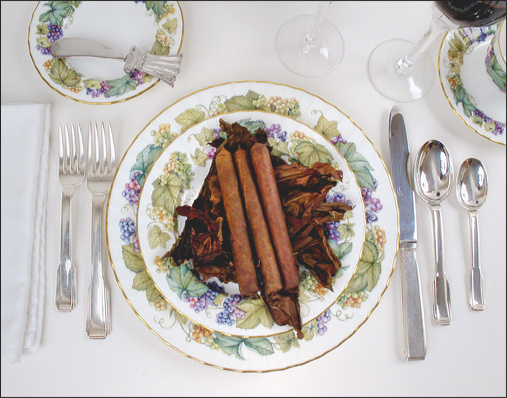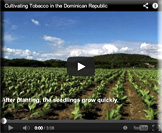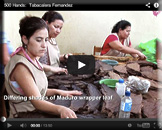
Umami, the fifth element of flavor.
At the turn of the 20th century, our ability to taste flavors was thought to have been divided into four categories: salty, sweet, sour, and bitter. But in 1908, a fifth category of flavor detection was discovered in Japan and given the name Umami. Today the word umami is all around us and has become so popular that there is even a hamburger that bears its name.
What is umami?
Umami is less a word than a concept. It comes from a Japanese term meaning tasty and is the result of Japanese research into food flavor. To make a long story short, foodies now use the term umami to describe a fifth element of taste that represents a certain savory quality that coats the palate and has a “meaty” finish. This fifth flavor element is considered desirable and its presence enhances the flavor of foods. Certain foods contain actual chemical compounds that researchers have isolated as the source of umami and these compounds led to the development of the food additive MSG. But I’m getting off track here…
What does umami have to do with cigars?
The way we taste cigars is similar to the way we taste food. Our tongues pick up some of the five flavor components while our noses actually do most of the tasting. That’s why a head cold will block our sense of taste; a stuffy nose keeps us from “smelling” our flavors. Consequently, smokers who exhale a portion of the smoke through their nose will experience an enhanced flavor profile from their cigars. In The X Factor (part1): The Soul of a Good Cigar, the concept of soul was discussed as a reason why some cigars are better than others. But what about the physical properties of tobacco? Could it be that tobacco contains glutamates, a chemical compound known to produce umami flavor? And could it be that some cigars have more glutamates than others? This might seem like a stretch, but applying the notion of umami to cigars can be another possible explanation as to why some cigars taste better than others. From a scientific standpoint, we could analyze tobacco for glutamates and see if its levels vary from leaf to leaf. The notion of some tobacco having a high umami “index” is not unfounded. Umami was first identified in seaweed and is considered to have some of the highest levels of glutamates. If seaweed has it, why not tobacco? Also, fermentation increases umami flavor (soy sauce has a ton of umami and, just as in cigar tobacco, is fermented). These similarities make the notion of umami and cigars very promising. After all, cigars are 100% fermented vegetable matter and the more things ferment, the more umami taste they acquire. Could this be the reason triple fermentation tastes better than traditional double fermentation?
What if…?
For this hypothesis to be proven, we first need to send some cigar tobacco to the lab for analysis. If it is determined that fermentation level, seed variety, and soil composition can vary umami levels then it may be possible to tailor farming practices towards producing better tasting cigar tobacco. Taking it one step further, we could genetically engineer tobacco to produce more glutamates etc, and create a super-tobacco of exceptional flavor.
Final thoughts…
Cigars have been made and enjoyed for hundreds of years. The time-tested technique of cigar making has withstood the industrial and electronic revolution virtually unchanged. Many of us think this is a good thing and we shouldn’t fix what isn’t broken. After all, using our senses to determine which tobacco leaf is best has always been good enough and cigars are now better than ever. But if we COULD isolate the compounds that make one cigar better than another, we could elevate cigar flavor even further and take the X out of the X factor. Anyone own a lab?











I wonder if the word “yummy” comes from the same root as “umami”
I think it ( the X factor ) could be love, Like you mentioned the cook that makes the same dish better than the other. the one person has a passion and the other just likes it as something to do or has to be done. The passionate one puts a bit of themselves into what they are creating and that is where the love comes from. Really nice reading here.